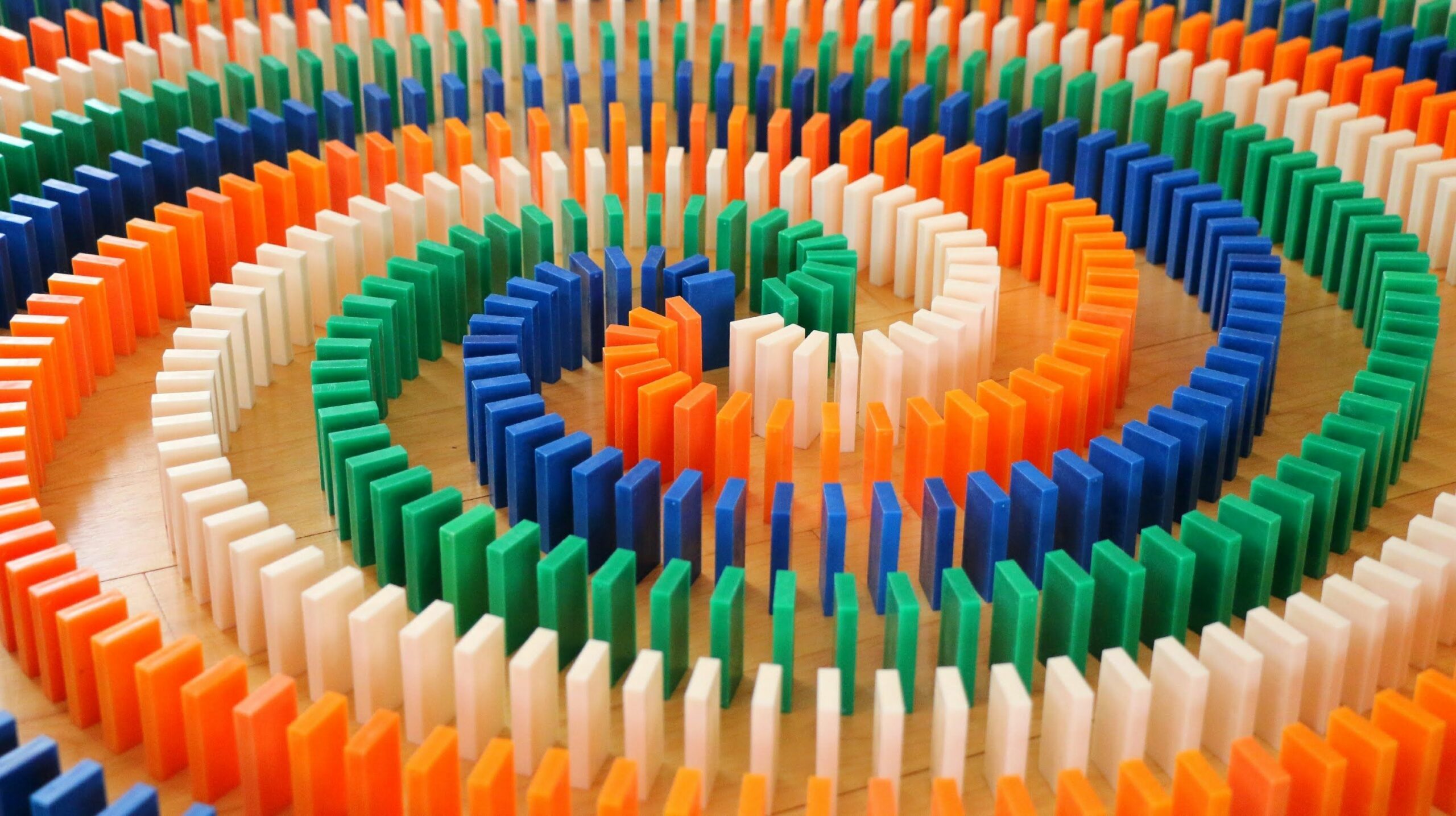Limits excite us. Limits excite us whilst freedom – on the other hand – frightens the hell out of us. We might say that we love being free (or that we greatly value freedom as an ideal) but really its limits that excite us – that’s where we get our kicks and nowhere else. Limits excite us in two different ways – one being a pleasurable way and the other being disagreeable – and we can clearly see this if we consider that there are two types of limits. One type of limit is called <start> and the other is called <stop>, one is <begin> and the other is <end>. <Start>, we might say, excites us in a positive (or euphoric) way whilst <stop> causes us to experience excitement of a dysphoric or disagreeable kind.
It could be argued that this isn’t necessarily true since if I am having a painful or frightening time then <start> will be dysphorically exciting whilst <stop> will be euphorically so. The point is however that it doesn’t in the least bit matter which way around this is – we’re looking at a situation which has been flipped over but which looks the same all the same. ‘Flipping the situation over’ doesn’t really make any difference to it, obviously! We can flip polarity over as many times as we like but it won’t make any difference to polarity because polarity is ‘the same both ways’.
What we have here are two opposites therefore – one which we are attracted to and which we will try to emphasise as much as possible, on the other which we are repelled by and which we will seek to de-emphasise! This is the essential ‘self-contradictoriness’ of polarity in other words. The self-contradiction is a ‘self-contradiction’ because when we emphasise the opposite that we are attracted to we are at the same time emphasising the one that we are repelled by. What could be more self-contradictory than this? We’re shooting ourselves in the foot every time. This is the perfect self-contradiction and just as long as we’re operating on the basis of thought it will continue to dominate our lives.
Instead of talking about the self-contradictoriness inherent in polarity, we could also say that polarity is ‘a paradox in disguise’. Polarity can never go undisguised because if it did that then there would no longer be such a thing as ‘polarity’. The paradox in question is <start> equals <stop> (or <begin> equals <end>), which is the basic form of all paradoxes, since all paradoxes are the same when it comes down to it. All paradoxes ultimately come down to ‘the identity of the opposites’ or [+] = [-].
Polarity is only polarity because there is no awareness of any paradox there dash on the country, we don’t see any sign of paradox at all, we see start and stop as being completely different things I’m most definitely not the same thing. From a psychological perspective a paradox that is not in disguise doesn’t give us any limits to get excited about – when we see that <start> equals <stop> or that <begin> equals <end> then this means that there isn’t any <start> and that there isn’t any <end> and this means that there isn’t anything to get excited about.
The only reason we feel the euphoric or pleasurable type of excitement is because we believe that there actually is such a thing as ‘a start without a stop’, a ‘beginning without an end’. We imagine that there is such a thing as winning without losing, pleasure without pain. Euphoria – which is the lure that pulls us into the game – only exists because we’re not seeing things properly, because we’re only seeing ‘one half of the story’. To see only one half of this story when the other half is the perfect negation of the first is a very significant flaw in the scheme however – it’s a very significant flaw in the scheme because it means that we are believing in something that isn’t there. We’re putting all our energy into something that isn’t there.
We can talk about this thing that isn’t there in a number of different ways. We can say that it is the framework that is stretched out like a spider’s web between <positive> at the one end and <minus> at the other, we can say that it is ‘the continuum of logic’, or we can say that it is David Bohm’s ‘system of thought’. We might say that it is ‘The Domain of the Known’. We might also – if we wanted – say that it is ‘the game we are playing without knowing it’ or that it is ‘the world of polarity’. All these terms are equivalent.
Coming at it from another angle, we could say that ‘the thing which isn’t there but which we think is there’ is the defined self or definite identity which is ‘back-constructed’ (or ‘boot-strapped’) on the basis of the excitement-creating limits which it itself automatically assumes. This is the unself, the mechanical self, the self which lives out its entire (conditioned) existence within the imaginary boundaries of <YES> and <NO>, between its imaginary ‘advantage’ on the one hand, and its equally imaginary ‘disadvantage’ on the other…
Art: Image taken from widewalls






